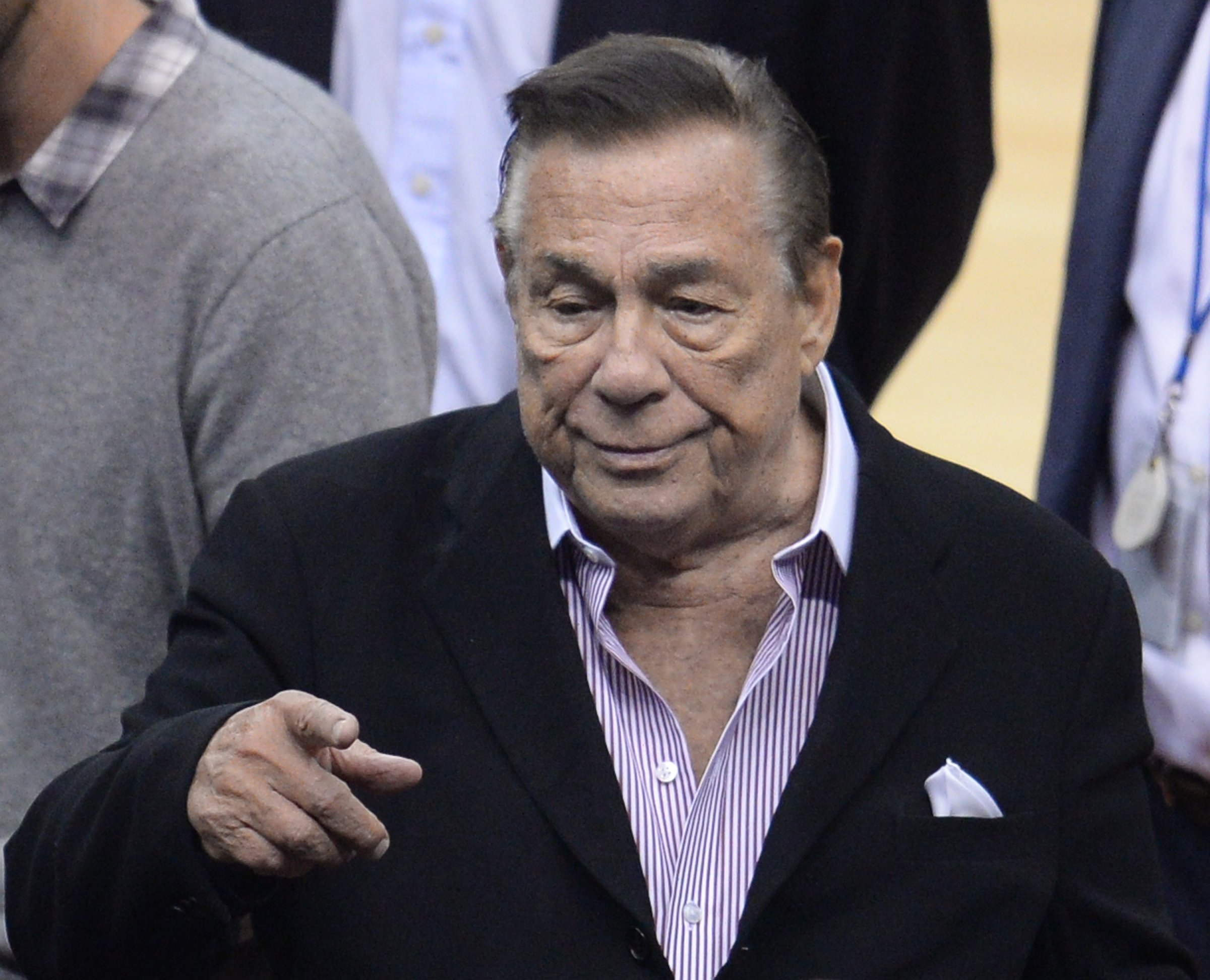
On April 29, NBA commissioner Adam Silver announced that he was banning Los Angeles Clippers owner Donald Sterling from the league for life, thanks to the racist remarks he made in a private conversation that were caught on tape, and broadcast to the world. Silver also said he was terminating Sterling’s ownership of the Clippers, forcing Sterling to sell a team he took so much pride in owning. On that afternoon, right after Silver’s press conference, if I would have told you that the Sterling family would sell the Clippers a little over a month later, for nearly quadruple the previous record price for an NBA franchise, to the former CEO of Microsoft no less, and that Donald, who’s fond of suing people into submission, would drop his outstanding legal claim against the league on the day before the start of the NBA Finals — that the mess would be pretty much over in early June — you would have called me hopelessly naive and even a nutcase. Rightfully so.
The NBA, it turns out, is living in dreamland.
Sterling is saving the league and its fans a massive headache, by agreeing to his wife’s sale of the team to Steve Ballmer for $2 billion, and by dropping the $1 billion anti-trust suit he filed against the NBA last week. Reality must have finally set in for Sterling. Because based on some of the assertions coming out of his camp over the last week, it was becoming clear he had no shot in this fight.
For example, in an interview with CNN last week, Sterling’s attorney Max Blecher made this absurd assertion: “If the NBA would have done what I think they should have done and to say ‘we’re rejecting the use of this illegally used evidence and not violating charges,’ no sponsor would have left in the first place.”
Say what? First of all, sponsors started fleeing the Clippers right after they heard the tape, before Silver used “this illegally used” evidence to issue his punishment for Sterling. The sponsor exodus gave Silver good reason to boot Sterling: under the NBA’s constitution, conduct that has an “adverse affect” on the league’s members can result in termination of ownership. A loss of sponsorship money was a clear, quantitative measure of “adverse affect.”
And second, the thought of sponsors factoring the technicality of California’s recording law into their decisions is laughable. “Oh, so that tape is probably illegal because California requires both parties to consent to being tape-recorded. No problem: we’re sticking with you, Donald Sterling and your racist remarks!” Come on. Sponsors don’t care about these legalities because they know customers don’t care. Under Sterling, people wanted nothing to do with the Clippers — whether the tape was legal or not, his words were loud and clear.
When those kinds of absurd statements are part of your case, you don’t really have a case.
The $1 billion anti-trust suit wasn’t going anywhere either. How can it be credible, when it asserted that a forced sale of the team could result in a lower purchase price than a non-forced sale? The team sold for $2 billion, nearly four times the previous record for an NBA team. Was Sterling supposed to get $4 billion? If anything, the forced sale drove up the price, as big rich names rushed to outbid other big rich names. Ballmer paid a prestige premium to be the savior of the Clippers.
So here we are, the Heat-Spurs rematch tipping off Thursday night, these Finals ripe with anticipation. And we might not hear a peep about Sterling all series. Has any commissioner, of any sports league, ever had a higher approval rating than Adam Silver does today? Not that it’s guaranteed to last: this $2 billion price tag for the Clippers might cause Silver headaches down the road. Because come collective bargaining time, players always use rising franchise values as leverage. If they’re exploding, the players argue, we deserve a larger share.
But these worries can wait: the earliest the players can opt out of the current agreement is 2017. Let Silver enjoy his accolades. And it’s now time to get really excited about the Ballmer era in L.A. As a courtside entertainer/agitator, he might just rival Mark Cuban.
The team’s player development staff must be psyched.
More Must-Reads from TIME
- Inside Elon Musk’s War on Washington
- Meet the 2025 Women of the Year
- The Harsh Truth About Disability Inclusion
- Why Do More Young Adults Have Cancer?
- Colman Domingo Leads With Radical Love
- How to Get Better at Doing Things Alone
- Cecily Strong on Goober the Clown
- Column: The Rise of America’s Broligarchy
Write to Sean Gregory at sean.gregory@time.com